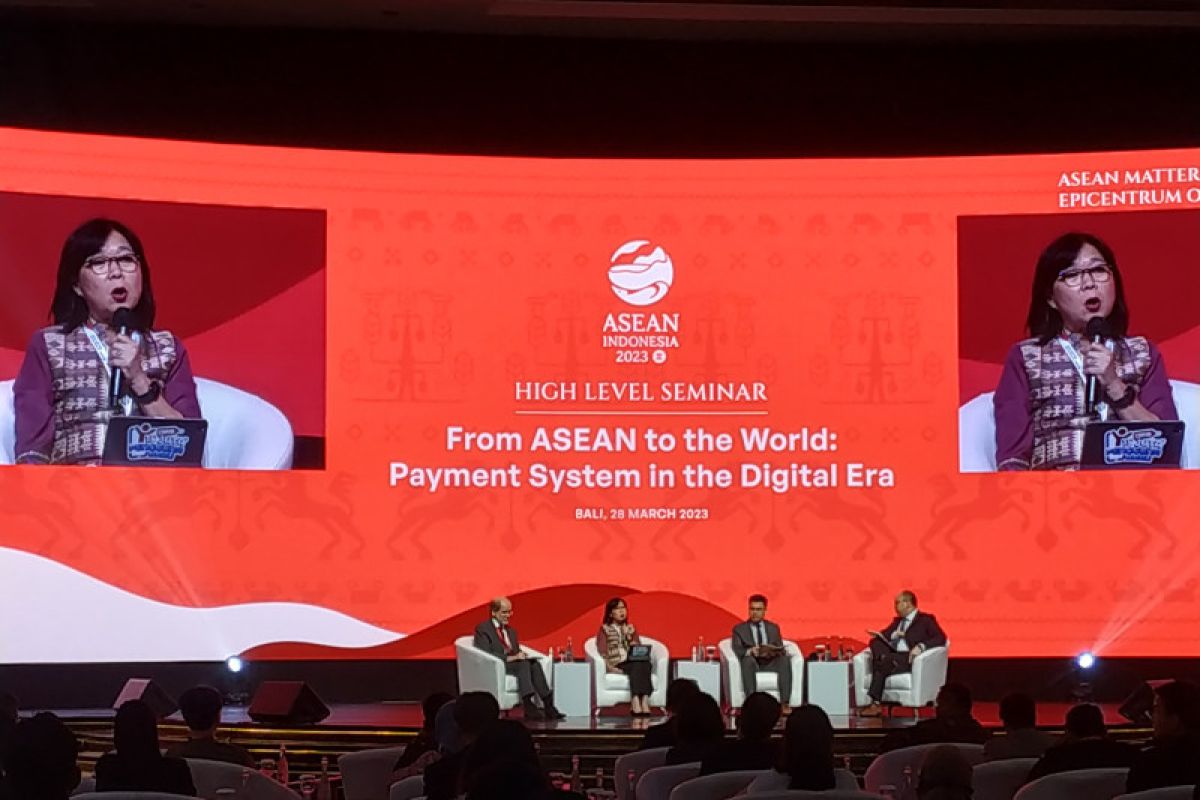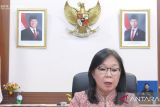Jakarta (ANTARA) - The national digital payment Quick Response Code Indonesian Standard (QRIS) has connected around 31 million users and 25 million merchants so far, according to Bank Indonesia (BI).
"As many as 91 percent of those merchants are micro-enterprises," said Assistant Governor of BI, Filianingsih Hendarta, at the “High-Level Seminar From ASEAN to The World” entitled “Payment System in the Digital Era,” held in Badung, Bali, on Tuesday.
According to her, the achievement has illustrated the standardization of the national QR code for payment transactions. QRIS has shown a significant improvement since its launch in early 2020, both in terms of transaction nominal and volume.
In 2020, QRIS transactions in Indonesia reached 124 million with a value of Rp8.2 trillion (around US$544.8 million). Then, in 2021, the number of transactions increased to 375 million and their value jumped to Rp27.73 trillion (around US$1.84 billion).
In 2022, the number of transactions rose to 993 million with a value pegged at Rp98.45 trillion (around US$6.54 billion). Hendarta further said that standardization of payment transactions has also been carried out in the payment of transportation services as well as government transactions, including domestic credit card schemes. In addition, BI established the Open API National Standard (SNAP) earlier in July 2022. SNAP enables open interconnection between applications in payments. "Therefore, SNAP balances the position between banks and non-banks, thus enabling healthy innovations and competitions to grow," she explained.
The BI assistant governor said that all the standardization has been carried out in line with the rapid development of domestic payment systems and widespread digitalization. The standardization is also a part of the Indonesia Payment Systems Blueprint 2025, which has become a game changer for the country.
Bank Indonesia says QRIS connecting 31 mln users, 25 mln merchants

Assistant Governor of Bank Indonesia Filianingsih Hendarta speaks at a "High-Level Seminar From ASEAN to The World" entitled "Payment System in the Digital Era" in Badung, Bali, on March 28, 2023. (ANTARA/Agatha Olivia Victoria)








